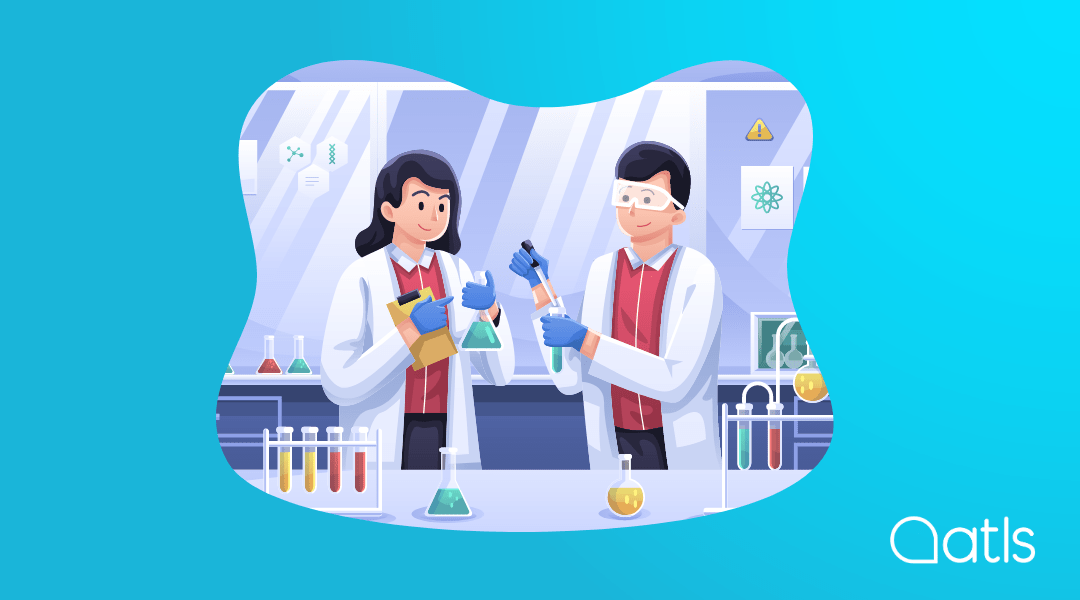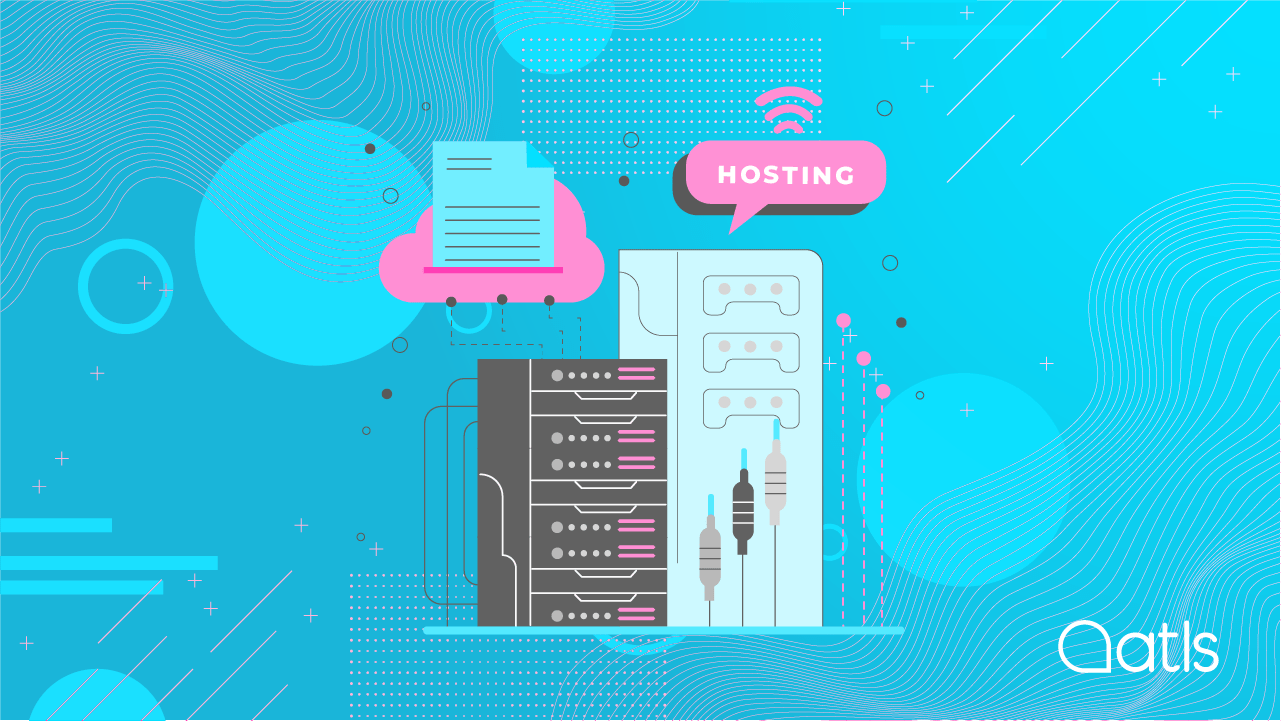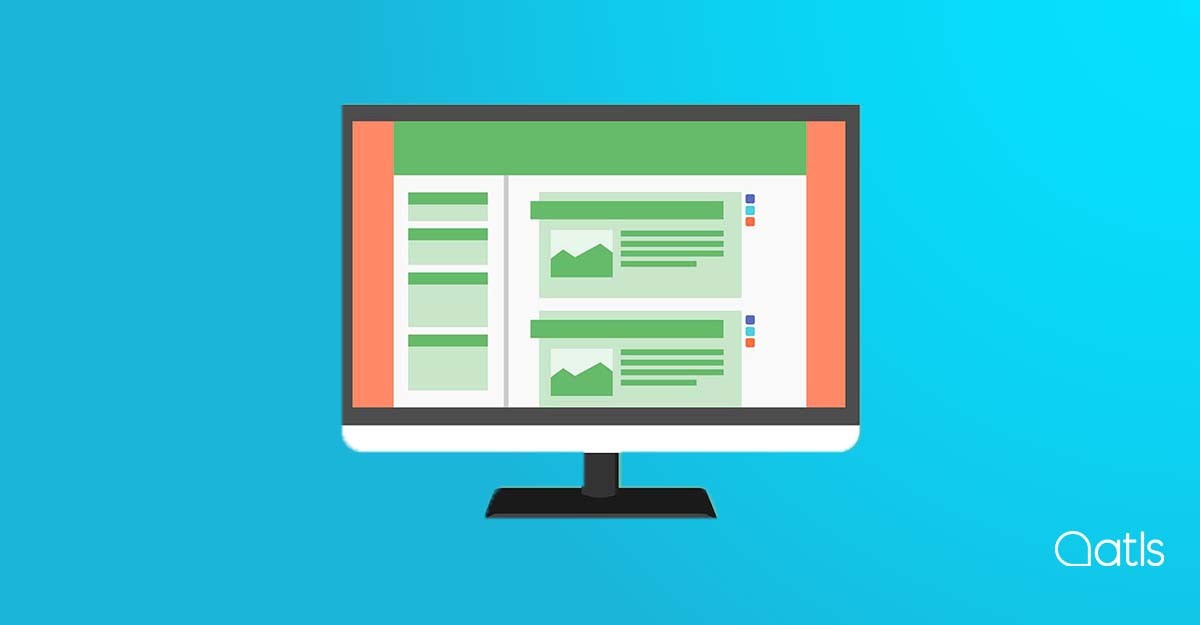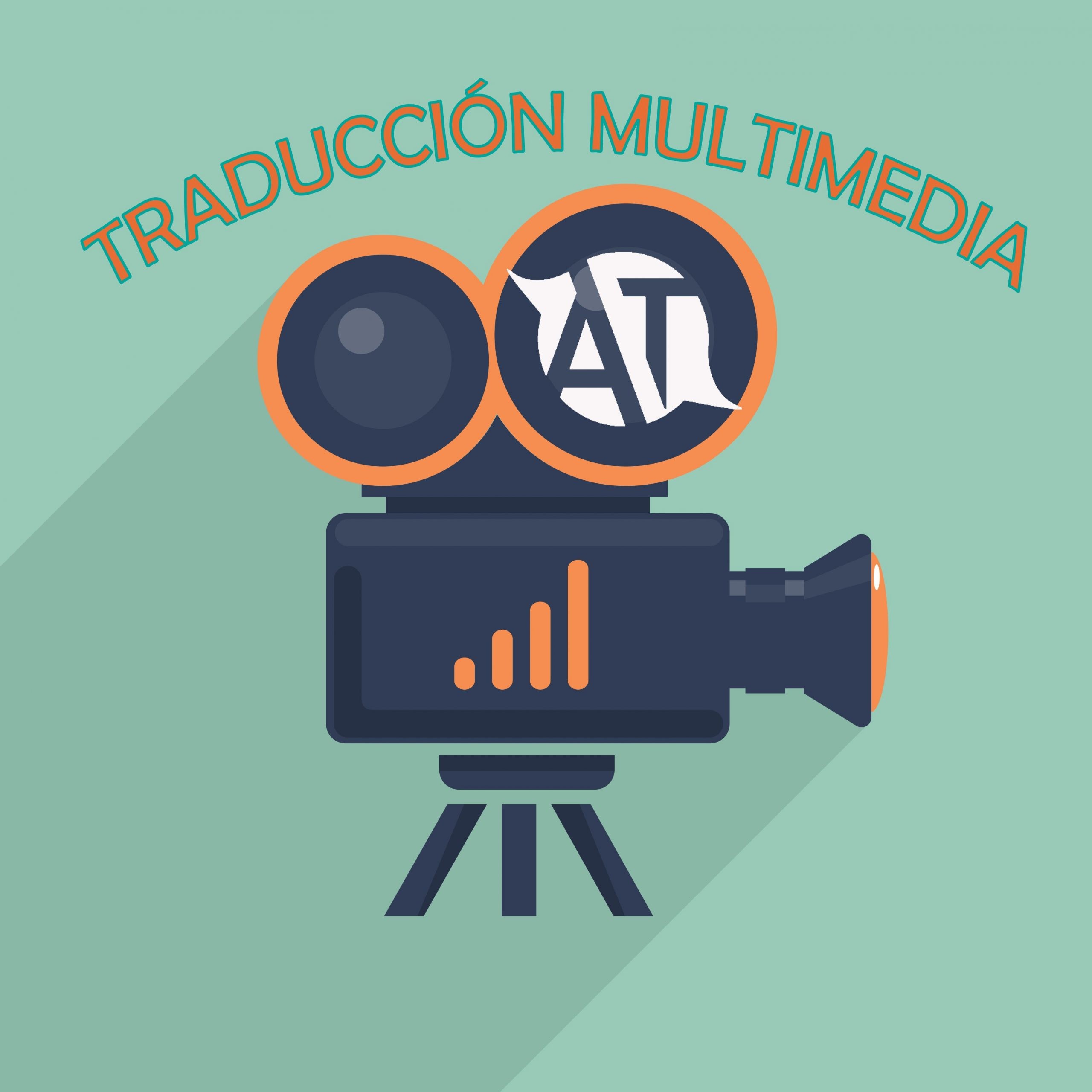Translation requirements in Regulatory Affairs

For those who are unfamiliar with pharmaceutical jargon, the Regulatory Affairs department, or RA, is responsible for ensuring safety throughout the process of creating a pharmaceutical product. They are present at every step in the process from the design, which starts in the R & D & I department, to the product release, regardless of the distribution channel.
Regulatory Affairs professionals are responsible for compliance with the national and international regulations applicable to each product that is manufactured. At all times, they monitor issues such as labelling, product registration, prohibited substances or items with restricted use.
In summary, the Regulatory Affairs department plays a key role in allowing new medicines access to the market. It is a strategic department where it can be necessary to translate a large amount of documentation to manage the relevant authorisations. Obtaining licences in other countries can mean complying with specific language requirements imposed by the competent authorities.
Translators who specialise in Regulatory Affairs documentation
Much like medical translation, pharmaceutical translation requires a high level of specialisation and accuracy. Each of these will have a wide range of regulations and laws that limit not only their scope and professional practice, but in many cases the terminology itself. Similarly, given the importance of pharmaceutical products to the economy and government, this type of translation covers a very diverse range of specialist language and registers, such as legal, administrative, technical, IT, advertising and marketing language.
What's more, the pharmaceutical field is subject to constant updates - both linguistic and conceptual - which entail advanced handling of tools and information resources by the translator.
Due to the technical, confidential and regulatory nature of the different documents and texts relating to Regulatory Affairs, our native translators are specialised not only in pharmaceutical translation, but also in all the documentation required by the RA department. They know the types of reports and the requirements at both national and international level, as well as the precision required in such translations and the tight deadlines to which the department works. As such, we work to the needs and requests of our clients within the field of pharmaceuticals to guarantee a reliable translation in line with the requirements of the client as well as the market and sector as a whole.
The most common types of translation for this sector
At ATLS, the most common translation projects we carry out for RA departments are the following:
• Quality reports ##44441## ##44441##• Standard work procedures##44442## ##44442## • Clinical trial summaries ##44443## ##44443##• Usability tests ##44444## ##44444##• Manufacturing validity protocols ##44445## ##44445##• Labelling ##44446## ##44446##• IFU ##44447## ##44447##• Prospects ##44448## ##44448##• Technical sheets ##44449## ##44449##• Assessments of biocompatibility ##444410## ##444410##• Process validation ##444411## ##444411##• Clinical and preclinical expert reports ##444412## ##444412##• Process and clinical study protocols ##444413## ##444413##• Registration certificates ##444414## ##444414##• Risk assessments ##444415## ##444415##• Standards ##444416## ##444416##• Patents and records
At ATLS, we have extensive experience in pharmaceutical translation and document management within Regulatory Affairs. We also hold the most stringent international certification, ISO 17100, and work with native translators who specialise in Regulatory Affairs. Shall we talk?




